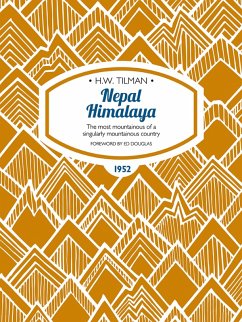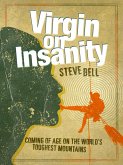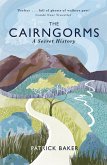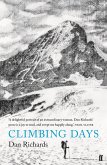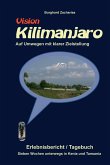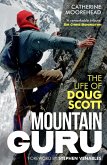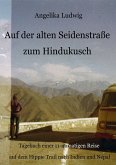They first explored the Ganesh Himal, before moving on to the Jugal Himal and the following season embarking on an ambitious trip to Annapurna and Everest. Manaslu was their first objective, but left to 'better men', and Annapurna IV very nearly climbed instead but for bad weather which dogged the whole expedition. Needless to say, Tilman was leading some very lightweight expeditions into some seriously heavyweight mountains.
After the Annapurna adventure Tilman headed to Everest with-among others-Dr Charles Houston. Approaching from the delights of Namche Bazaar, the party made progress up the flanks of Pumori to gaze as best they could into the Western Cwm, and at the South Col and South-East Ridge approach to the summit of Everest. His observations were both optimistic and pessimistic: 'One cannot write off the south side as impossible until the approach from the head of the West Cwm to this remarkably airy col has been seen.' But then of the West Cwm: 'A trench overhung by these two tremendous walls might easily become a grave for any party which pitched its camp there.'
Nepal Himalaya presents Tilman's favourite sketches, encounters with endless yetis, trouble with the porters, his obsessive relationship with alcohol and issues with the food. And so Tilman departs Nepal for the last time proper with these retiring words: 'If a man feels he is failing to achieve this stern standard he should perhaps withdraw from a field of such high endeavour as the Himalaya.'
Dieser Download kann aus rechtlichen Gründen nur mit Rechnungsadresse in A, B, BG, CY, CZ, D, DK, EW, E, FIN, F, GR, H, IRL, I, LT, L, LR, M, NL, PL, P, R, S, SLO, SK ausgeliefert werden.

